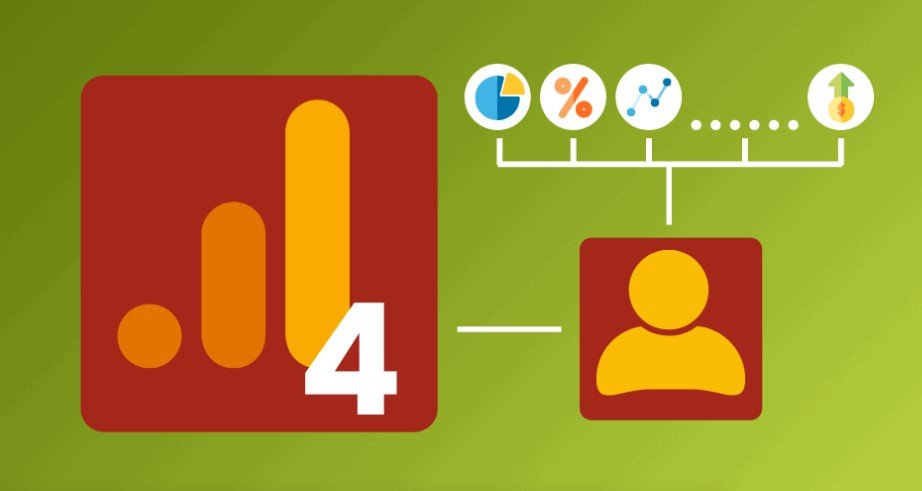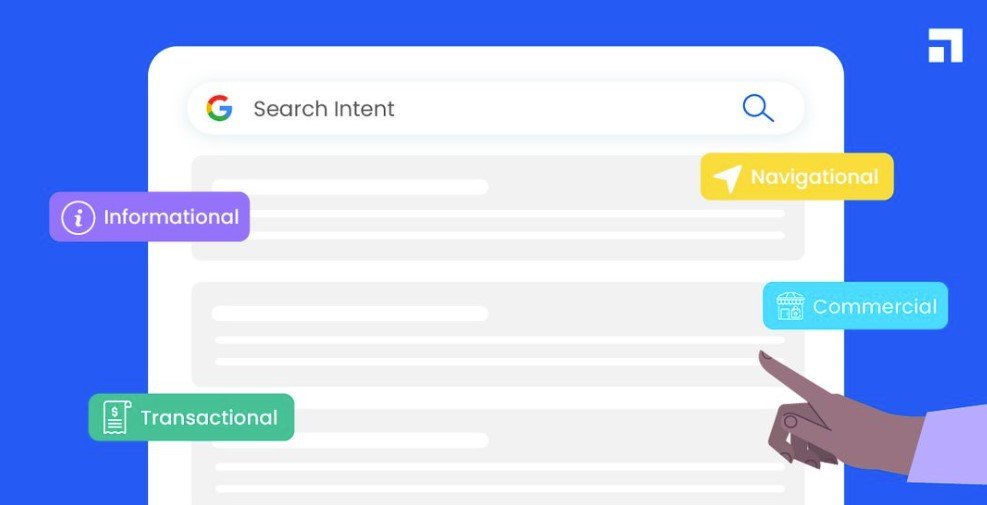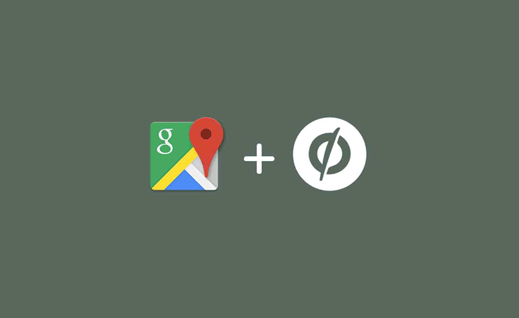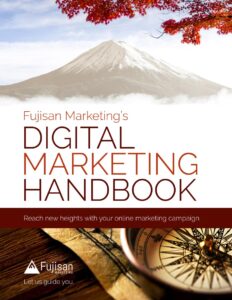Blog
Guidance from our Digital Marketing Experts in Seattle
As we’ve covered recently, universal Google Analytics is going away July 1 of 2023. This means, if you haven’t already begun preparing, you need to do so ASAP. With that in mind as you migrate to the new GA4 that’s replacing it, here are some key metrics we recommend tracking and changes to note in the new platform. (Image Source: roastmylandingpage.com) A reminder of what’s changing When moving to GA4, you’ll immediately notice that the whole interface is new. We empathize with the fact that a changing interface for anything […]
What’s this pillar page of which we speak? A pillar page is a place on your site focused on a primary “pillar” topic. This could be covering a good or service you offer, or be about background information that’s helpful and relevant. No matter the specifics, it acts as an educational tool for users on your site. The pillar page then acts as an information base from which people can access more specific resource pages. Essentially, it’s a central hub that further links to pages on related subtopics. The pillar […]
One of the fundamental maintenance tasks for a search marketer is checking up on your search term reports. If you’ve been doing this for a while (2014 or earlier, to be exact), you might also know them by their predecessor’s name of search query reports, or SQRs. At Fujisan, we also understand that a big part of this is one of the most nuanced, “human” tasks we do; that is, deciphering the intent behind people’s searches. In a world where so much is based on automation and algorithms, this is […]
No matter the size of your business, as a digital marketer you’ve presumably become familiar with Google Analytics. As they do every so often, a change is coming to GA that you have to adapt to. As you may already know, GA4 gives you the ability to create custom reports and dashboards, but, it also provides templates and basic reports. And usually, these templates and basic reports are good for most, but if you are looking to take a deeper dive and create new reports or edit existing ones, you […]
When you search for something on, say, Google, you see your standard search results on the SERP. But some results — known as rich snippets or rich results — include further information from structured data included in their corresponding page’s HTML. One common example of a rich snippet is a review on a page in your search results. What creates these rich snippets? Schema. Schema markup is a piece of code that search engines can read to better understand your site’s content. This code is read by all the biggest […]
Depending on the nature of your business, you likely have a physical location where you’re based. The most common of these are brick-and-mortar stores — we’ll be focusing mostly on those stores in this post — or offices and meeting spaces where work is done with clients and customers. Assuming you’re running ads for this kind of business, its location becomes quite important; for example, for a storefront, foot traffic is key to its success. Making store locations clear in your online advertising and site removes a barrier for potential […]
Google Search Console — more easily called GSC — is a platform that helps you better understand and improve your site’s Google Search performance, as well as identify and fix any search problems that arise. GSC helps you: If you have a site for your business — which, if you have a business, should be the case — then we highly recommend signing up for GSC. And Google recommends that, too! Whether you’re an SEO specialist, site administrator, web developer, or simply the owner of a business, if you’re involved […]
If you frequently work in the online marketing sphere, you’re almost certainly familiar with SEO and UX. For those who maybe aren’t as immersed in that world and aren’t familiar, SEO stands for search engine optimization, while UX is an abbreviation for user experience. Not only do both of these affect the other, but there are also many crossovers in the ways we evaluate and approach them. Let’s take a look at how they’re unified, where they’re distinct, and how to make the most out of both: Basics of SEO […]
At Fujisan, one of our core focuses is on continually improving your site’s performance not via advertising, but through organic, SEO-based traffic. It’s been shown over and over that websites with higher quality organic SEO perform much better in search engines, leading to a wider and more engaged audience. Here are five practical starting points to increase organic traffic to your site. Tip 1: Know your audience with keyword research We’ve spoken before at Fujisan about keyword research more in-depth. One thing we see a lot with small businesses is […]
What is competitive SEO research? Competitive SEO research simply means looking at how your organic SEO stacks up against your competitors. It’s an important task to do from time to time simply to get a sense of what your competitors are doing, how that’s working, and what you can learn from their successes or missteps. A thorough look at your competitors’ SEO involves a handful of steps, including: SEO keyword competition analysis Competitor backlink analysis Keyword gap analysis Top content analysis Organic social media review SEO metrics comparison Before these […]












